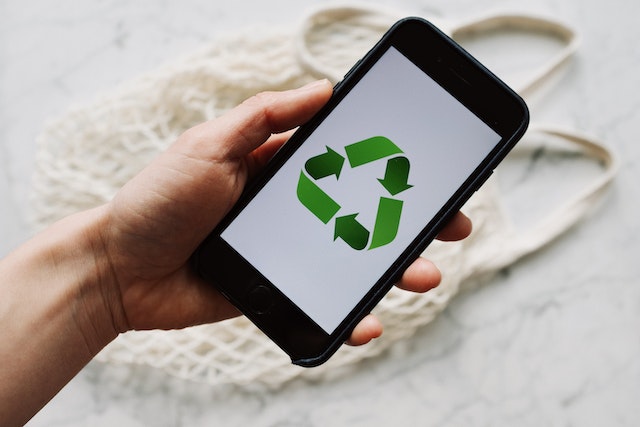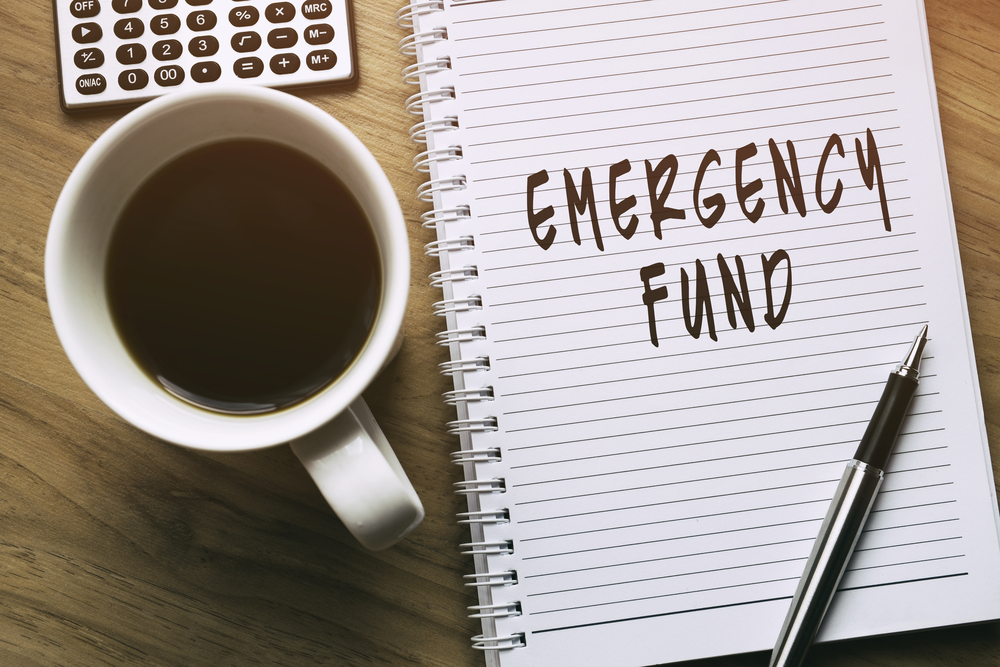Australian consumers can lead a global movement to reduce the billions of mobile phones that end up in landfill or incinerators every year.
The world phone amnesty to be unveiled at an annual tech and innovation festival on Tuesday provides a different way to buy or trade-in a phone.
Some 5.3 billion were discarded last year, which contributed to 50 million tonnes of e-waste in a world where there are more than double the number of mobile devices than there are people.
Launched by Kingfisher, host of the climate and sustainability track at the SXSW Sydney event this week, the campaign aims to curb carbon emissions and waste.
Kingfisher intends to extend the life span of each device through a one-for-one exchange that will upgrade the way they are used.
“Today, phones are designed to last longer than ever, for seven or eight years,” co-founder and CEO Georgiann Reigle said.
She said it was unrealistic to expect consumers to use a single device for that long but old devices could go to a new owner to get the most out of it.
“The longer life span means phones can have three or more owners, rather than ending up in a drawer or landfill.”
More than one third (35 per cent) of Australians households own at least one second-hand device, but the benefits of putting phones back into circulation before discarding or recycling are not well understood, she said.
Some 81kg of carbon dioxide is produced for every new phone created, or enough to fill 40,000 balloons, according to the campaign.
Extending the life of a device also removes the need to extract 82kg of raw materials used in the production of a new one.
This means the simple act of handing in a mobile phone, giving it a second, third and fourth life, can have a significant impact.
“The goal for us at Kingfisher is to revolutionise mobile device ownership experiences, and drive circularity in the global mobile industry,” Ms Reigle said.
She believes all mobile phones can be refurbished, recycled and returned to circulation.
Marion Rae
(Australian Associated Press)





